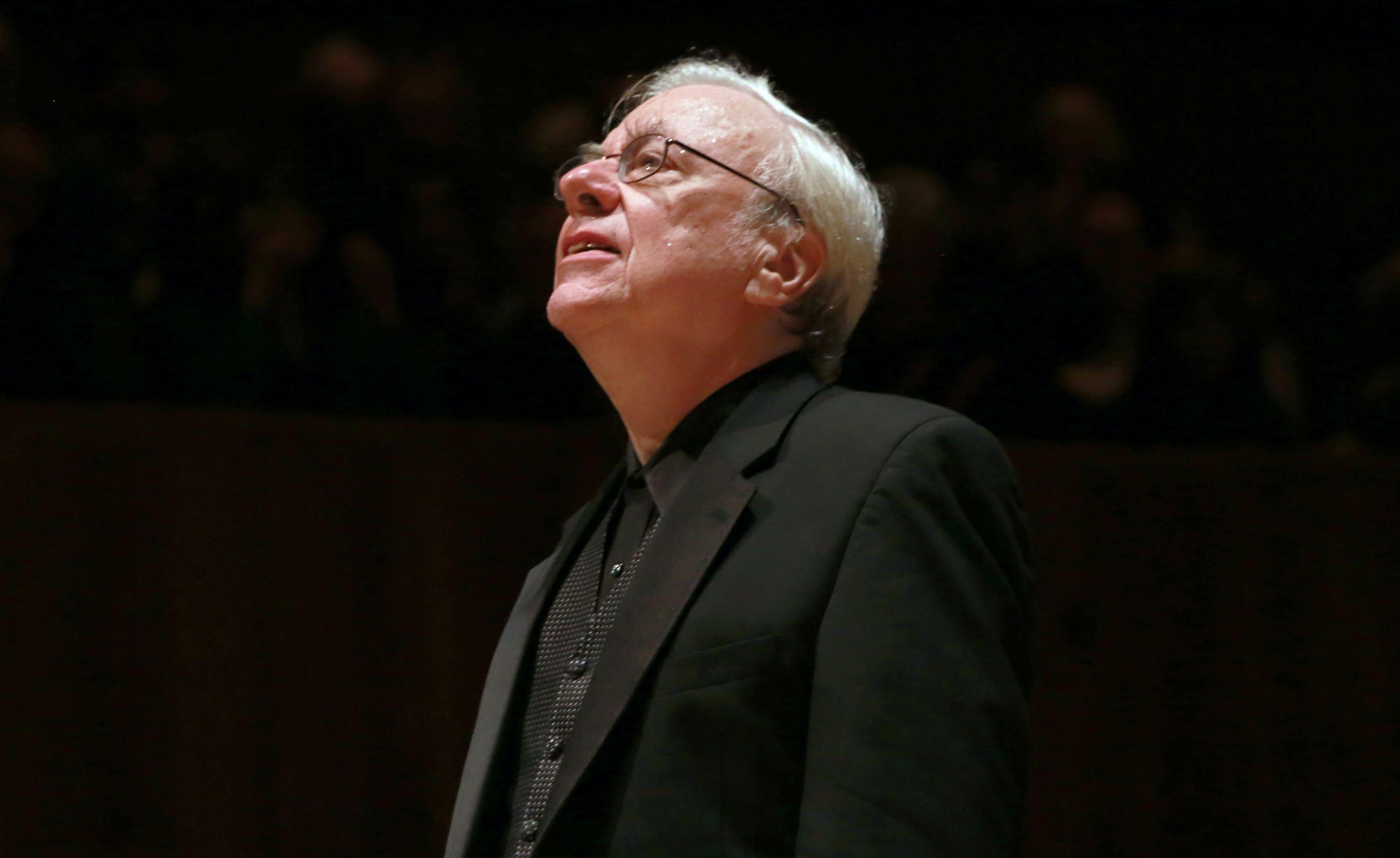Richard Goode plays Schubert at the Royal Festival Hall - review: Goode’s touch was wonderfully light and flexible
Goode's performance reflected the distillation of a lifetime’s thought about how this difficult music should be approached

Your support helps us to tell the story
From reproductive rights to climate change to Big Tech, The Independent is on the ground when the story is developing. Whether it's investigating the financials of Elon Musk's pro-Trump PAC or producing our latest documentary, 'The A Word', which shines a light on the American women fighting for reproductive rights, we know how important it is to parse out the facts from the messaging.
At such a critical moment in US history, we need reporters on the ground. Your donation allows us to keep sending journalists to speak to both sides of the story.
The Independent is trusted by Americans across the entire political spectrum. And unlike many other quality news outlets, we choose not to lock Americans out of our reporting and analysis with paywalls. We believe quality journalism should be available to everyone, paid for by those who can afford it.
Your support makes all the difference.Richard Goode’s career as a concert pianist has been unusual: it was only when he reached fifty that he could conquer his nerves enough to give solo recitals, as opposed to playing chamber music. Now in his seventies, he’s acquired a devoted following, if not a big enough one to even half-fill the Royal Festival Hall. It didn’t look as if the RFH marketing department had made much of an effort.
At all events, his latest recital programme, consisting of Schubert’s last three sonatas, reflected the distillation of a lifetime’s thought about how this difficult music should be approached. The difficulty is not technical but aesthetic: how to keep the listener hanging on every note of these expansive works, with their ever-shifting (and often repeating) moods, textures, and thematic patterns. And also to find their emotional core.
Goode’s touch was wonderfully light and flexible, his cantabile supremely expressive, and the balance between the hands perfectly judged; the delicacy of his shading called to mind that of Chinese pen-and-wash landscapes. The moment in the andantino of the penultimate sonata when Schubert yields to a sudden impulse of nihilistic despair was raw and savage, but in the main this was a serenely sunlit account of Schubert’s great valedictory oeuvre.
Join our commenting forum
Join thought-provoking conversations, follow other Independent readers and see their replies
Comments